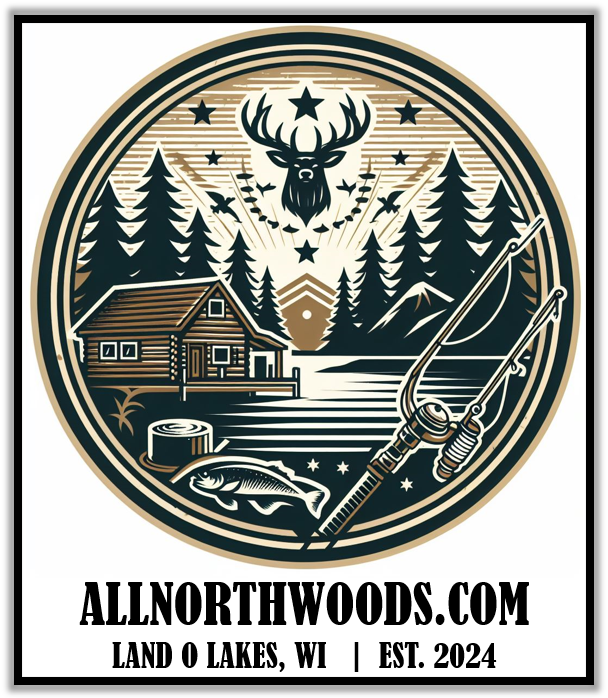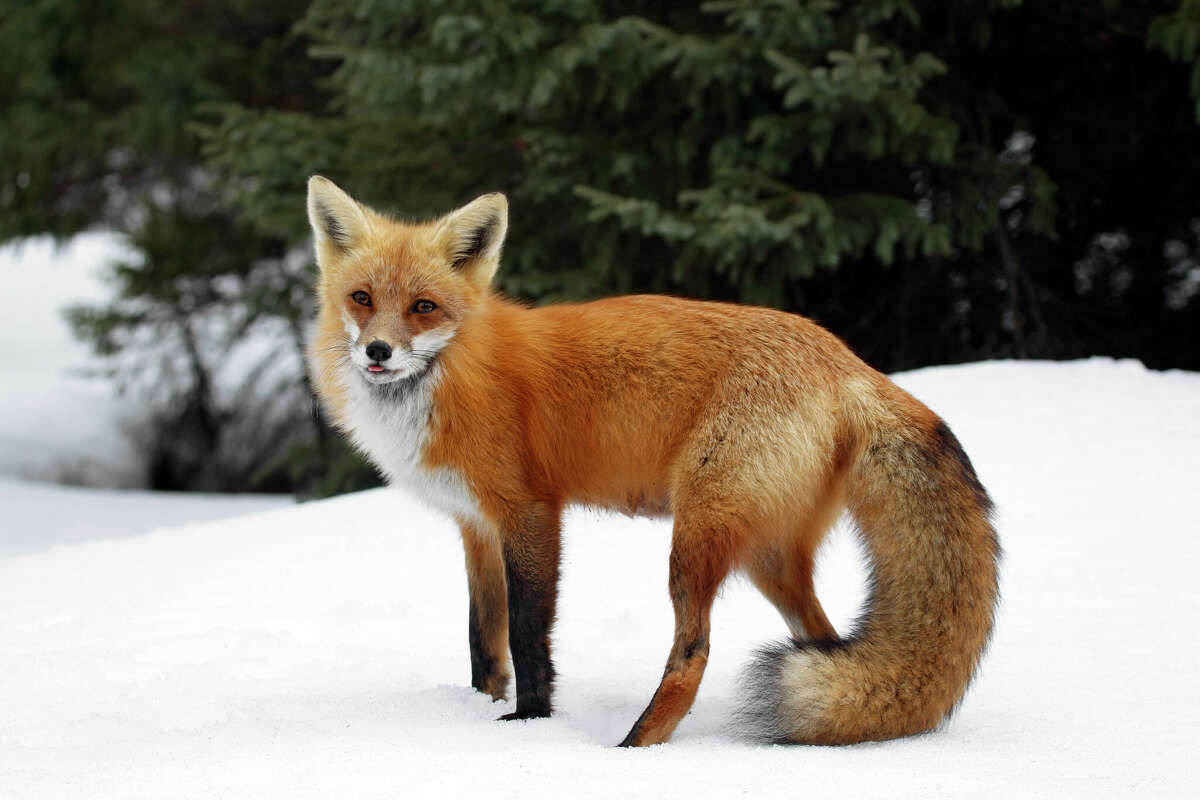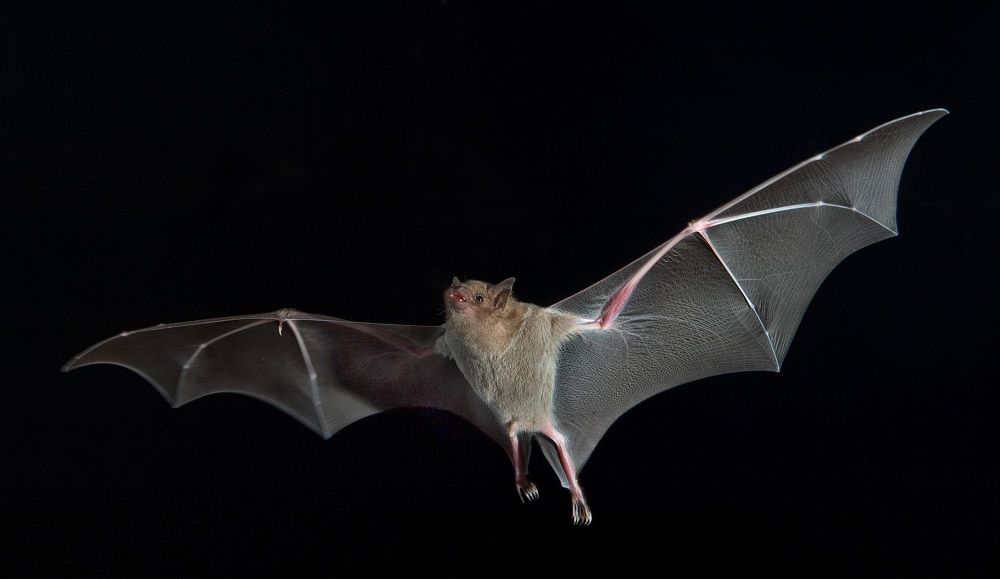How Dangerous is Racoon Poop?
I want to follow up on last week’s animal topic NIGHT VISITORS, where I mentioned this masked bandit can kill you. You want to be ready for the fishing opener and you uncover your boat, and you see a raccoon, what do you do? I know people that consider themselves outdoorsmen and would try to figure something out, but this is a wild animal in a confined area, and this can become a dangerous situation. Put the cover back on and call the DNR. That is what happened to a friend last year and he should have contacted the DNR for many reasons. While this raccoon made herself at home inside his boat, she had a litter of kits, and was very protective of her babies. Todd successfully used a live trap to remove this raccoon family and relocated them to the woods away from his cabin, then proceeded to remove the raccoon feces and clean his boat. After hearing this, I told him how dangerous the raccoon poop was and there are diseases that raccoons can pass on to humans and family pets.
Did you know that 1/3 of ALL documented cases of rabies come raccoons? And you don’t need to be bitten, because rabies can be transmitted from a scratch and, there has been cases that their feces have contained rabies also. DISTEMPER, SALMONELLA, LEPTOSPIRPSIS can also be associated with raccoons, but the most dangerous health issue comes from coon crap. Raccoon feces can be infected with ROUNDWORM (40 to 60% adults 90 to 95 % juvenile) and if ingested can cause loss of coordination, muscle control, confusion, enlarged liver, blindness and even death. Now, some of you might be thinking, how in the hell can I ingest raccoon feces by cleaning it up? Old raccoon poop dry’s dried droppings are even more dangerous because if disturbed, it becomes like dust and by breathing in this dust (wind, shoveling/scoping, vacuuming) you can breathe in the dust ingesting the eggs that can survive for week and even months. Then a few diseases I mentioned (mostly salmonella) above can go dormant until they move to another host, meaning you.
If you ever encounter this situation, call the DNR to have the animals removed and hire a professional to clean the area. This might seem overkill but, if you decide to do this yourself, wear disposable gloves, paper suit and most importantly a filtered particle mask that fits tight. Fill a spray bottle with water and mist the entire area before removing the coon droppings. Then it is suggested that everything you used, should be burned. You should also know, raccoons can defecate in yard or gardens, and not only could the same thing happen in this area, but their feces have been known to contained rabies and canine distemper that your family pet could get infected by eating or even rolling in the feces. I hope you will never encounter this situation, but if you do, hopefully this information has helped.




